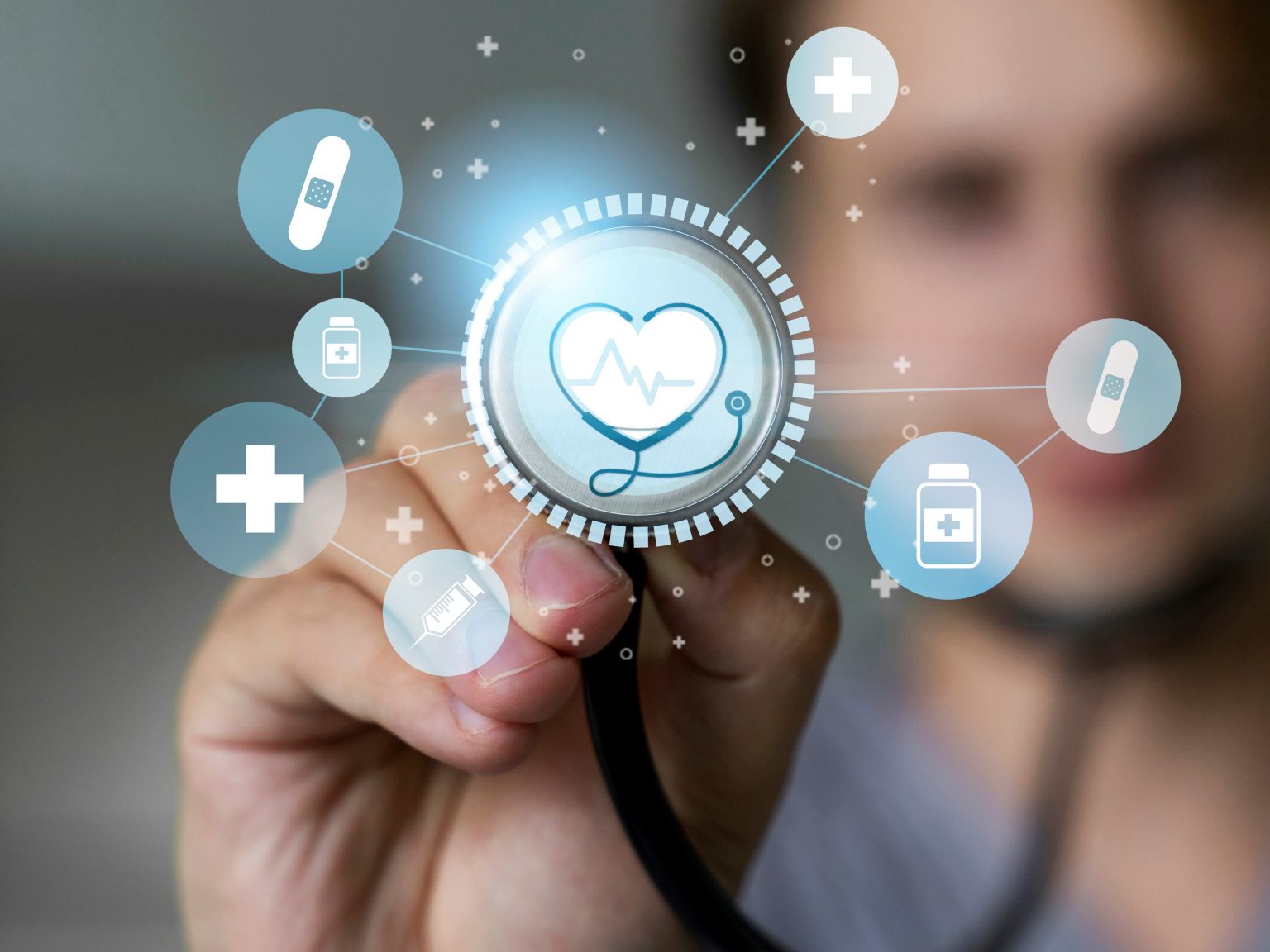- Researchers see AI as supporting and improving the work of health providers and professionals in the near future.
- AI also can help promote information on disease prevention online, reaching large numbers of people quickly, and even analyse text on social media to predict outbreaks.
AI has already transformed many aspects of the world, from automating systems to enhancing decision-making processes. Yet, perhaps the most impactful and personal ways AI is changing our world are within the field of health care, where it’s being used to diagnose, create personalised treatment plans, and even predict patient survival rates.
AI applications in health care
As artificial intelligence becomes more widely adopted, so too does the number of ways the technology is being used across industries. Researchers do not expect AI to replace healthcare professionals just yet; instead, they see it as supporting and enhancing their work in the near future. Here are some of the most common applications of AI in the field today:
- Health care analytics: ML algorithms are trained using historical data to produce insights, improve decision-making, and optimise health outcomes.
- Precision medicine: AI is used to produce personalised treatment plans for patients that take into account such factors as their medical history, environmental factors, lifestyles, and genetic makeup.
- Predict diseases and illness: Using predictive models, health care professionals can determine the likelihood that someone might develop a particular condition or contract a disease.
- Interpret tests and diagnose diseases: ML models can be trained using common medical scans, like MRIs or X-rays, to interpret and diagnose such conditions as cancerous lesions.
Also read: How natural language processing benefits healthcare
Also read: Weavrcare: Revolutionising healthcare data solutions
How can AI technology advance medicine and public health
When it comes to supporting the overall health of a population, AI can help people manage chronic illnesses themselves — think asthma, diabetes and high blood pressure — by connecting certain people with relevant screening and therapy, and reminding them to take steps in their care, such as take medication.
AI can also promote disease prevention information online, reaching large numbers of people quickly, and analyse text on social media to predict outbreaks. Considering the example of a widespread public health crisis, think of how these examples might have supported people during the early stages of COVID-19. For example, a study found that internet searches for terms related to COVID-19 were correlated with actual COVID-19 cases. Here, AI could have been used to predict where an outbreak would happen, and then help officials know how to best communicate and make decisions to help stop the spread.
health monitoring and preventive care
As health and fitness monitors and health-tracking apps become more popular, people can share real-time data sets with their doctors to monitor health issues and receive alerts in case of problems.
AI solutions—such as big data applications, machine learning algorithms and deep learning algorithms—might also be used to help humans analyse large data sets to help clinical and other decision-making. AI might also be used to help detect and track infectious diseases, such as COVID-19, tuberculosis, and malaria.

